
Winter 2024
Course offerings for the Winter 2024 term include selections in Art History, Classics, History, Literature, Music, Social Sciences, and Writing.
Courses may take place in person, on Zoom, or in a hybrid format where participants can choose whether to participate in person or on Zoom for the same course. The location listings on this page will remain up-to-date.
ART HISTORY
On Photography
8 weeks, Tuesdays, 1:30-3:30 p.m.
**POSTPONED **
Our sensorial world is constantly bombarded by photographic images of all kinds. Why do we feel compelled to exhibit our photos when they will capture viewers’ attention for a few seconds at most? What is the appeal of photography? What makes a “good” photo? Its content, i.e. who or what is shown? The expressive quality of its visual structure, for example, composition, line, combination of colours and tones? Why do “old” photographs have such appeal? What do they say about the past and especially about the present? How do they transform and perhaps distort our memory?
How has photography, originally treated as a tool for painters and drawers, become and remained a major force in contemporary visual art? Has it really contributed to a democratization of art? What kinds of photographic images enter into the conversation proposed by contemporary art in our culture? For example, why did the recent Diane Arbus show at the Montreal Museum of Fine Art attract so many visitors?
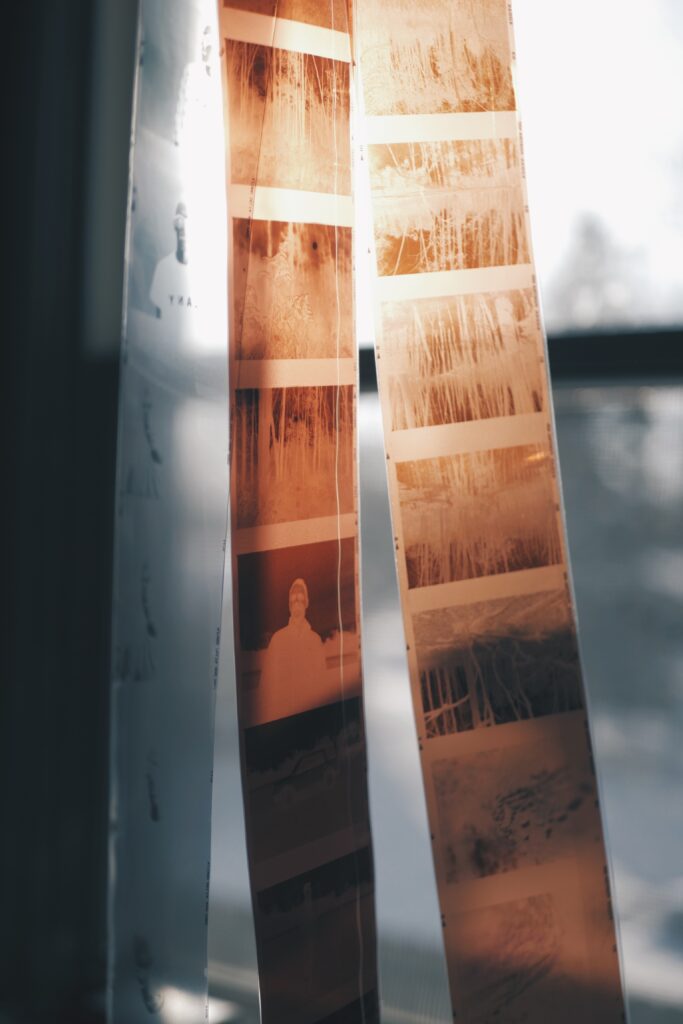
HISTORY
The Mediterranean World in the High Middle Ages: Where East Meets West
12 weeks, Thursdays, 6:15 to 8:15 p.m.
**COURSE FULL**
In the High Middle Ages (1000–1300 AD) numerous remarkably diverse cultures flourished around the Mediterranean “lake,” where once a common Roman culture prevailed. In this course, we will investigate these cultures and their histories, interactions, and influence.
In Occitania we will encounter the regions of Andalusia and Aragon-Catalonia, the troubadours, in Sicily a cosmopolitan society under the Normans and Frederick II, and in Venice and other Italian cities, an emerging commercial culture. We will also explore Byzantium’s golden age, Baghdad’s Abbasid caliphate, Seljuk Turks, crusader states, Fatimid Egypt, and the Maghreb’s Almoravids and Almohads.
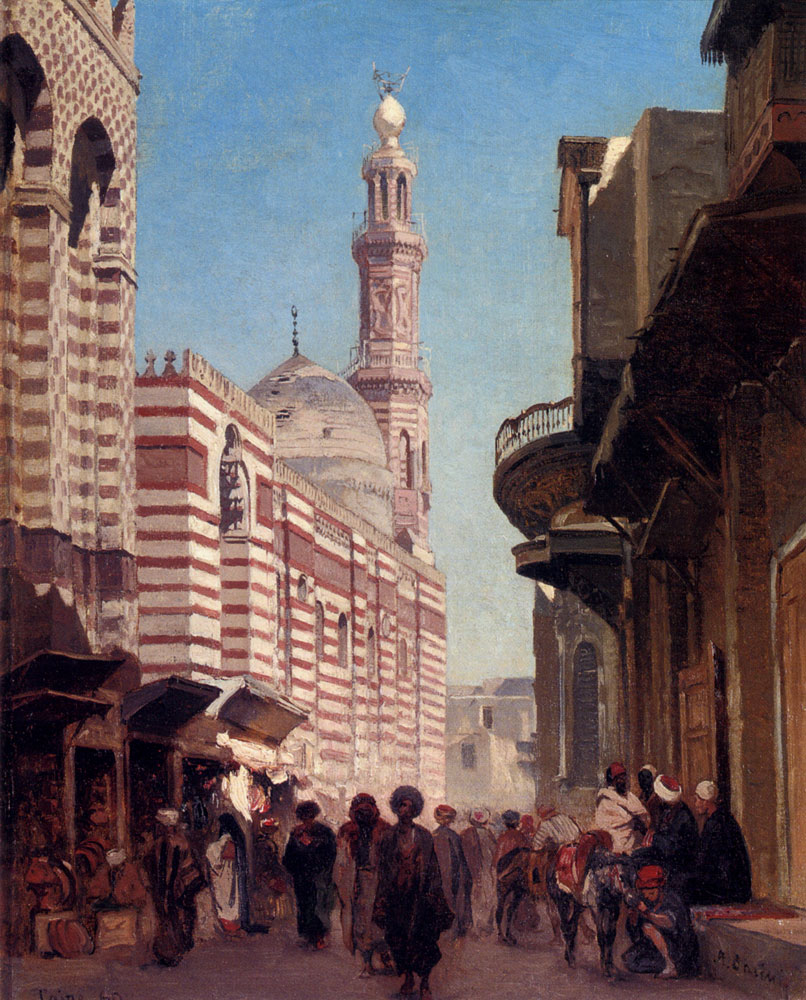
LITERATURE
Exploring Canada Through the Arts
6 weeks, Wednesdays, 1:30 to 3:30 p.m.
**CANCELLED**
What can we learn about our country by engaging with the arts? Through fine arts, performing arts, and literature, we will visit Canada from coast to coast to coast. We will endeavour to learn more about Canada’s people—from the Indigenous populations to the newly arrived—and the places we share.
What do art and literature show us about the early relationship between Europeans and First Nations? How has storytelling contributed to our understanding of Canada? How does music help to tell Canada’s story? How have newcomers contributed to the Canadian art world?
In this six-week course we hope to open a new window onto Canada through its art and literature.
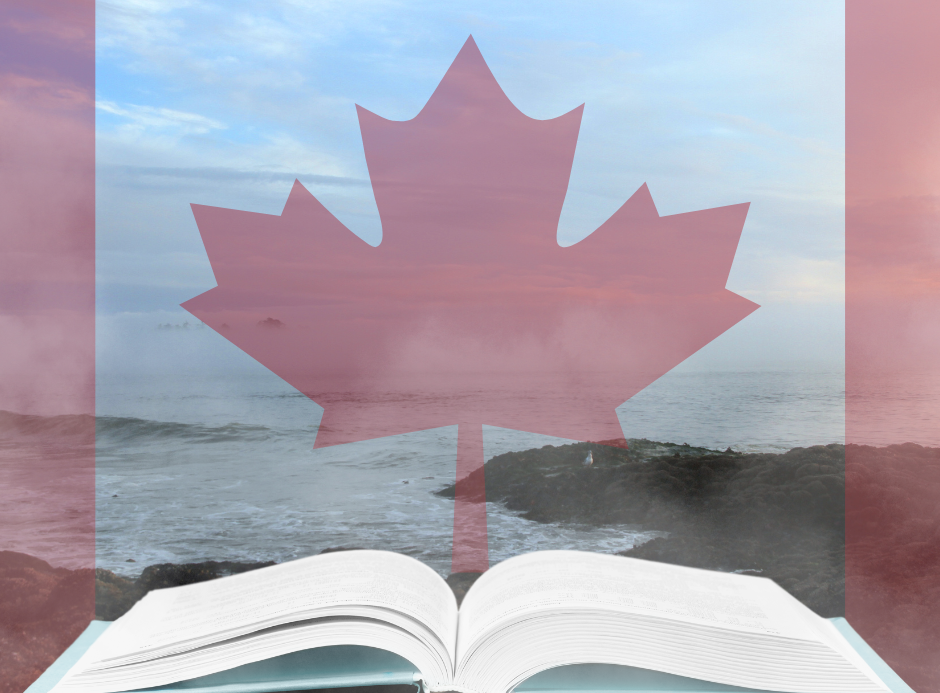
Inspired by True Events: From Fact to Fiction
12 weeks, Wednesdays, 1:30 p.m. to 3:30 p.m.
**Online**
Many works of fiction have been inspired by actual events, yet the extent of the writer’s adherence to—and transformation of— factual material diff ers among authors. In Truman Capote’s In Cold Blood, for example, the author describes his work as “immaculately factual,” though he admits employing “techniques of fictional art” in his narrative. Philip Roth in The Plot Against America, on the other hand, relies heavily on diverse historical sources but also integrates fictional events and characters into his narrative. Singularly different from these writers, Bernard Malamud in his Pulitzer Prize winning novel, The Fixer, draws upon a memoir in numerous particulars, which resulted in a controversial charge of plagiarism.
Examining the diverse ways in which novelists fictionalize real events, selectively drawing from sources such as archives, histories, memoirs, investigative reports, newspapers, interviews and more, provides a unique and fascinating window into the writer’s creative process and into the work itself. While these authors begin with actual events in time, the very best of their work resonates not only with events of the past, but with the present as well—and with human nature more generally

Reading Boethius: Orpheus, Eurydice, and the Quest for Happiness
6 weeks, Tuesdays, 6:15 p.m. to 8:15 p.m.
**Atwater or Online**
Fifteen hundred years after the composition of the Consolation of Philosophy, many of the ideas presented in Boethius’ (c. 480–524) seminal work still have relevance today. This course will consider Boethius’ philosophical examination of consolation and happiness. How can humans, who constantly seek out happiness, understand this never-ending chase? When we finally reach one goal, why does another sprout in its place? What does this tell us about our nature? How is our happiness affected by a world that experiences constant change, change that is separate and independent of our own free will?
With these questions in mind, we will also explore the exemplum of Orpheus and Eurydice. Participants will read the myths from the perspective of Virgil and Ovid and then compare them to the version of the tale found in the Consolation of Philosophy. We will seek to understand why Orpheus represents such an important image for Boethius. More importantly, what can we, the reader, learn from the story? What does this story of loss have to do with consolation, freedom of choice, and human happiness?
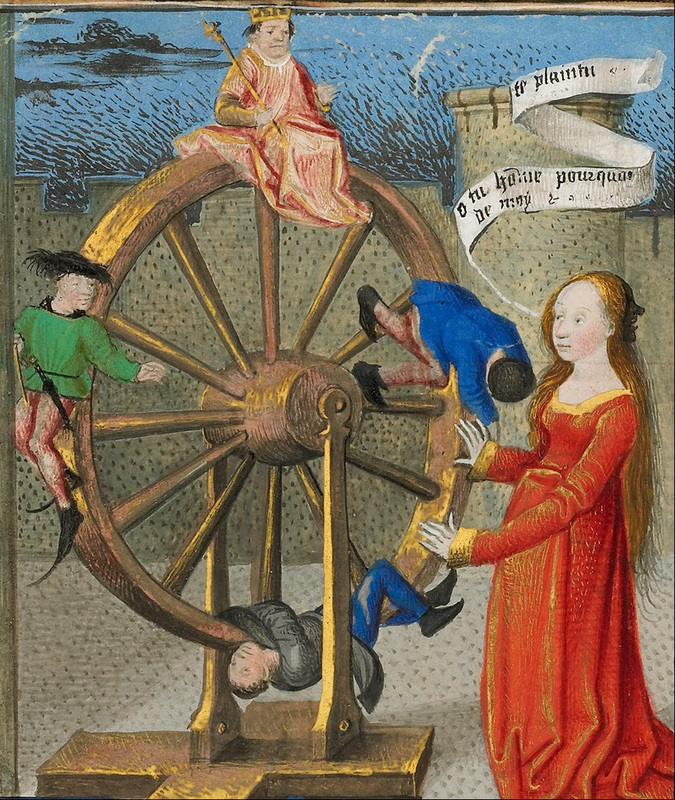
Sandworms, Spice, and Crysknives: Dune Revisited in Print and Film
6 weeks, Mondays, 6:15 to 8:15 p.m.
**POSTPONED UNTIL SPRING 2024**
The epic science fiction novel Dune by Frank Herbert, first published in 1965, has come back to prominence due to the recent films by Denis Villeneuve. It tells a rich and complex story of a young boy who is destined to become a hero in a world torn apart by the rise and fall of empires. The novel looks at the relationship of humankind to nature, and the questions of fate and free will, tradition versus technology, and the treachery of politics.
How have the novel and its themes stood the test of time? What questions does Dune raise that we continue to struggle with? How prescient was the book for its time? How have the book and the films brought the themes of religion, ecology, and politics to the foreground? What are some of the innate challenges involved in bringing a sprawling story such as Dune to film? Participants will be asked to read the novel and watch both Part 1 and 2 of the film.
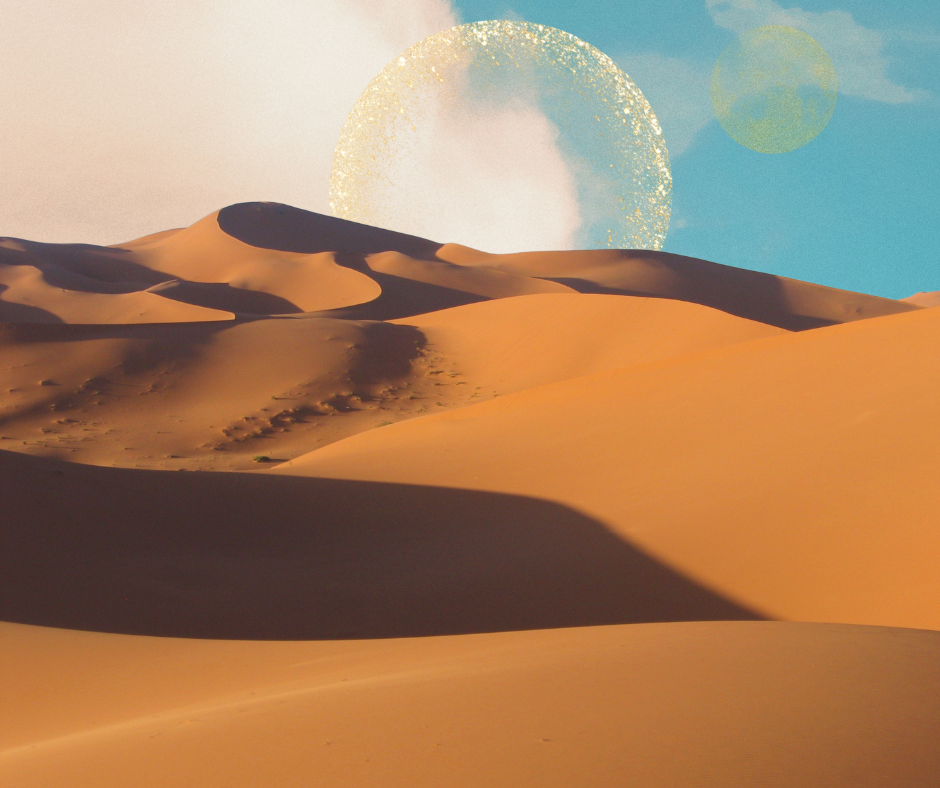
Women’s Poetry: Six Poets in Six Weeks
6 weeks, Wednesdays, 6:15 to 8:15 p.m.
**Online**
In this continuation of our ongoing series on Women’s Poetry, we will stop to examine six poets more closely. Circling around our core question, what does it mean to talk about “women’s poetry”?, we will spend each week with a single poet, and ask: To what extent do women’s lives shape their poetic output? In what ways do our poets work with or against the technical demands of poetic forms? Are there ways our poets take up language that emerge as especially “gendered”? Or, does poetic language transcend any simple question of gender? Our readings for this course will include works by Emily Dickinson, Anne Carson, Ellen Welcker, and others.
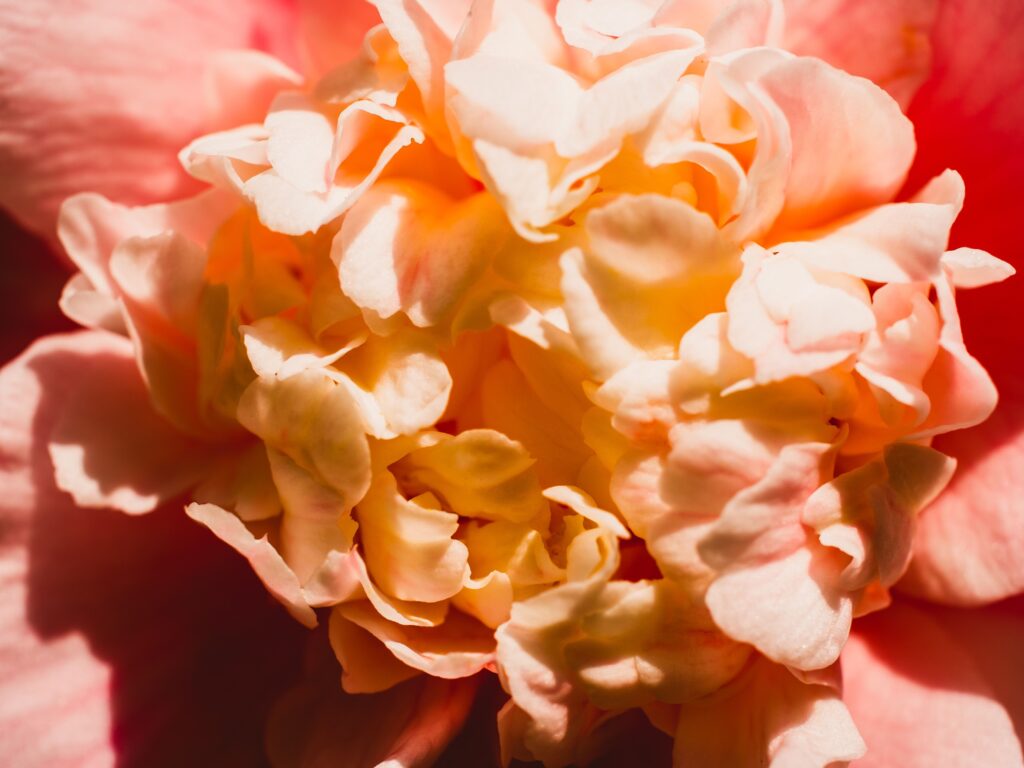
MUSIC
Music in Montreal: An Ongoing Tour, Part II
12 weeks, Mondays, 1:30 p.m. to 3:30 p.m.
**Online**
Join us this year as we closely follow the concerts of the main orchestras of the city, as well as chamber music groups, baroque ensembles, choirs, and a smattering of jazz and music from various traditions. The post-pandemic era is an exciting time to be following these concert programs for many reasons: Ensembles are presenting concerts with a renewed energy, and the current social climate has prompted a renewal of the sometimes-staid repertoire of classical ensembles. Fresh, exciting concerts are taking place on an almost nightly basis in this great cultural city! Course leader François A. Ouimet will provide videos and quality audio to the class through Zoom, and discuss certain aspects of the music, so that participants will better appreciate what they hear in the concert hall.
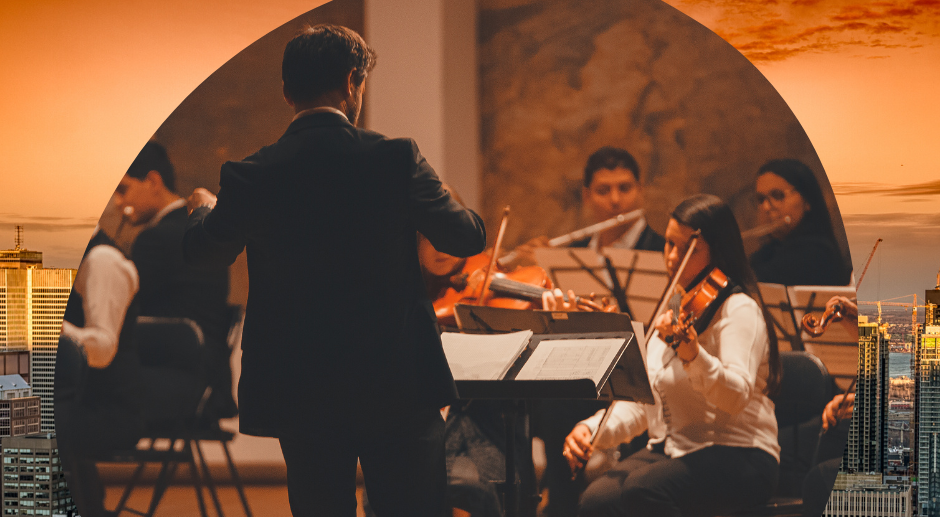
SOCIAL SCIENCES
Democracy at Risk? Disinformation in the Age of Social Media
12 weeks, Mondays, 6:15 p.m. to 8:15 p.m.
**COURSE FULL**
The result of a consistent and total substitution of lies for factual truth is not that the lie will now be accepted as truth and truth be defamed as a lie, but that the sense by which we take our bearings in the real world – and the category of truth versus falsehood is among the mental means to this end – is being destroyed.
- Hannah Arendt, The Origins of Totalitarianism
The rise of social media in the twenty-first century has created a fertile environment for the propagation of false information and lies, what is often referred to as “disinformation.” Whether taking the form of former President Trump’s ‘big lie’ of massive voter fraud or Hungarian Prime Minister Viktor Orban’s false accusations that George Soros was planning to flood Hungary with illegal immigrants, disinformation destabilizes democratic governments by using lies to support political parties more interested in gaining power than preserving democratic values. Such lies can be easily disseminated on social media by party supporters and foreign governments, making democratic populaces vulnerable to anti-democratic propaganda and their countries at risk of democratic backsliding.

Ethical and Enlightened Eating: For Omnivores, Vegetarians, Vegans, and Others
8 weeks, Thursdays, 6:15 p.m. to 8:15 p.m.
**POSTPONED**
Sustainability, by its very nature, is not just a buzzword—it’s about taking the long view. The positive steps we take towards this goal must be achievable time and time again—today, tomorrow and for the rest of our days.
-Scott Golding, The Sustainable Diet
How do you make the daily decision of what to put on your plate? Do you identify as vegetarian, vegan, omnivore? Are there religious rules you follow—kosher, halal? Where do you shop for food—the farmers’ market or a big-box store? How do you find out whether your food is being raised in a sustainable manner? What about animal welfare?
In this course we will explore the complexity involved in the ethics of eating.
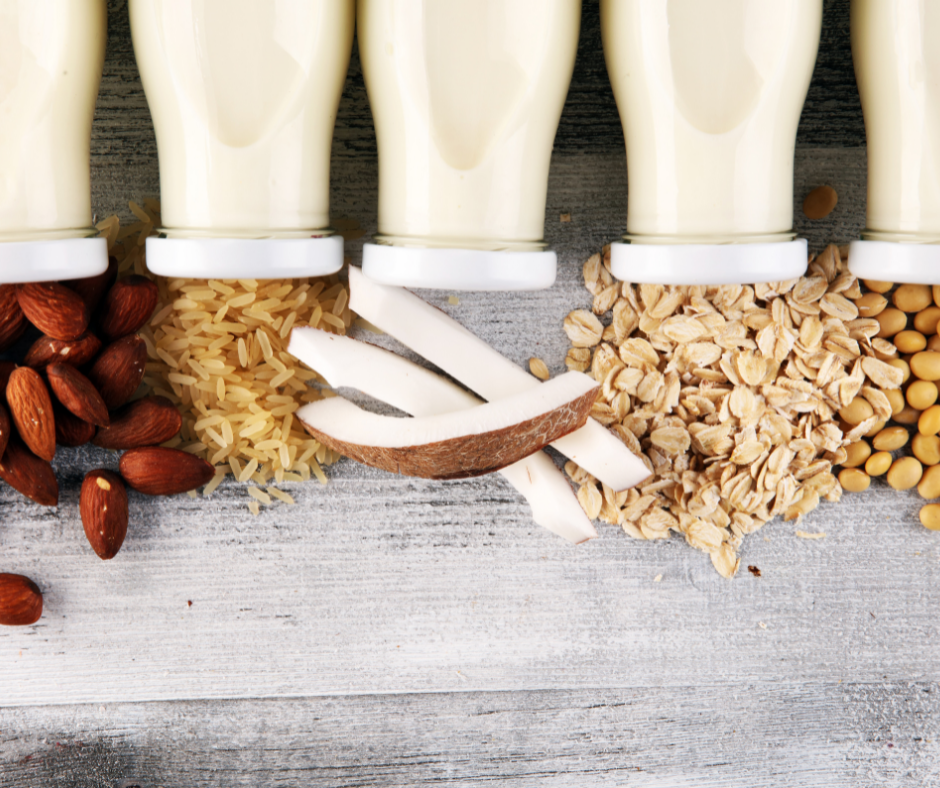
WRITING
The Art of Telling Your Story: Practising Embodied Narrative
6 weeks, Tuesdays, 6:15 p.m. to 8:15 p.m.
**Atwater**
This six-week workshop focuses on storytelling and embodiment, combining elements of theatre practice with the development of writing skills.
Embodied narrative goes beyond mere words by highlighting the connection between lived experience, language, and self-expression. Participants will study the components of a monologue, engage in movement and voice exercises, and develop their own narrative (monologue) based on life experience. The goals of this workshop are: 1) to give participants the skills to better articulate their own experiences, 2) to offer a range of practices that foster embodiment and body awareness, and 3) to provide the opportunity to practise creating, editing, and presenting within a supportive communal setting.
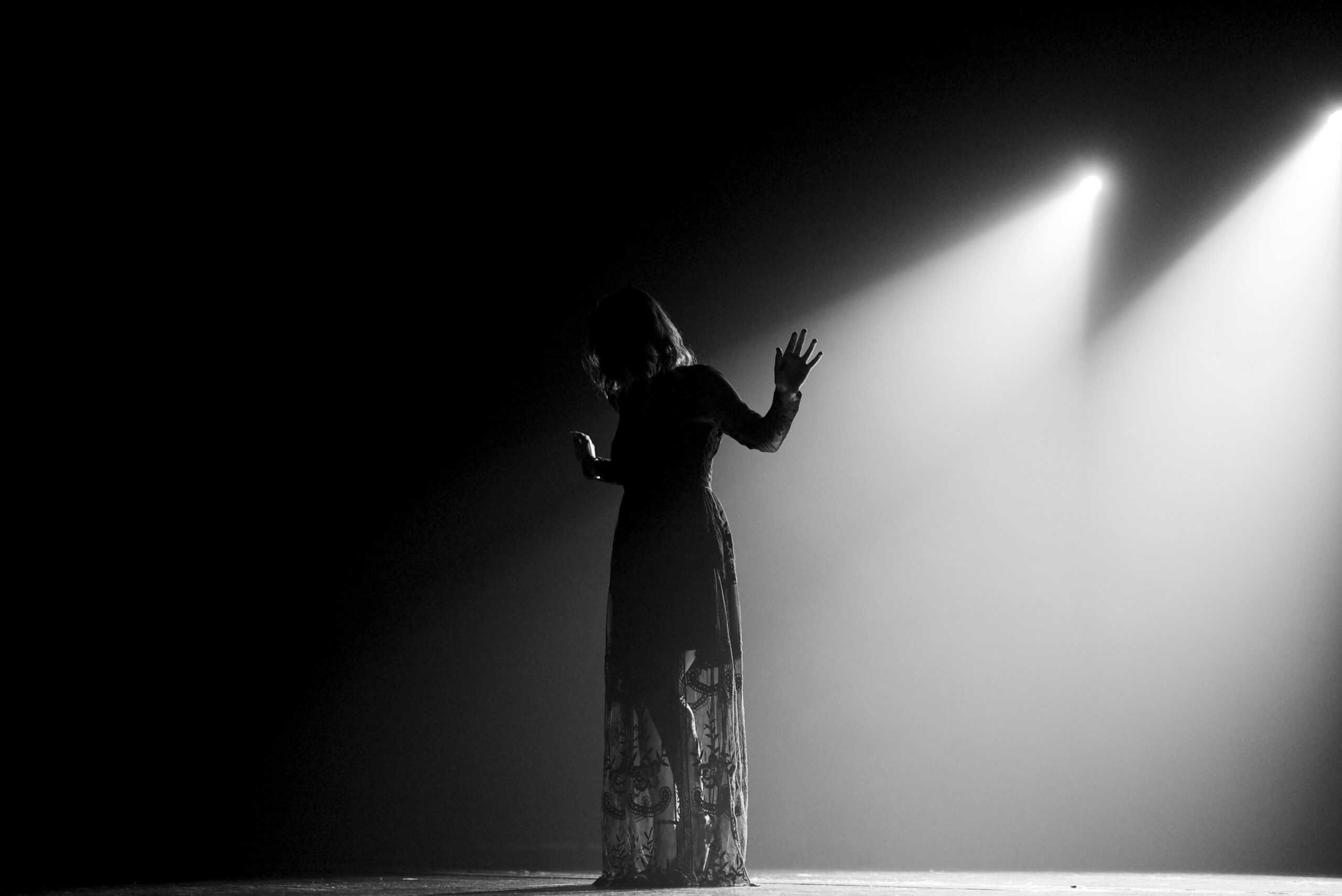
POINTE-CLAIRE
Literature and Tourism: A Quest for Alternate Worlds
12 weeks, Mondays, 1:30 to 3:30 p.m.
**Pointe-Claire**
What do reading and travel have in common? How has the figure of the tourist been represented in literature and popular culture? In what ways have tourism and literature been influenced by each other? This course will consider these questions by examining literary works that engage with tourism from the late 19th century to the present.
Through discussions of works ranging from E. M. Forster’s A Room with a View (1908) to Yun Ko-eun’s The Disaster Tourist (2013) and Thomas King’s Indians on Vacation (2020), we will explore the complexities of tourism and the ways in which literature has endorsed, critiqued, and participated in the tourist industry over the last 100 years.
Above all, we will ask what we can gain from thinking about literature and tourism together. Like tourism, reading literature requires leisure time and can lead to a new understanding of the world and the self; in the words of literary critic Jahan Ramazani, reading and travel both involve “a quest for alternate worlds.” At the same time, literature, like tourism, can be voyeuristic and appropriative and reinforce existing biases or harmful stereotypes. In thinking about these parallels, we will consider what it means to be a conscientious reader, writer, and traveller in an age of globalization and unprecedented mobility.
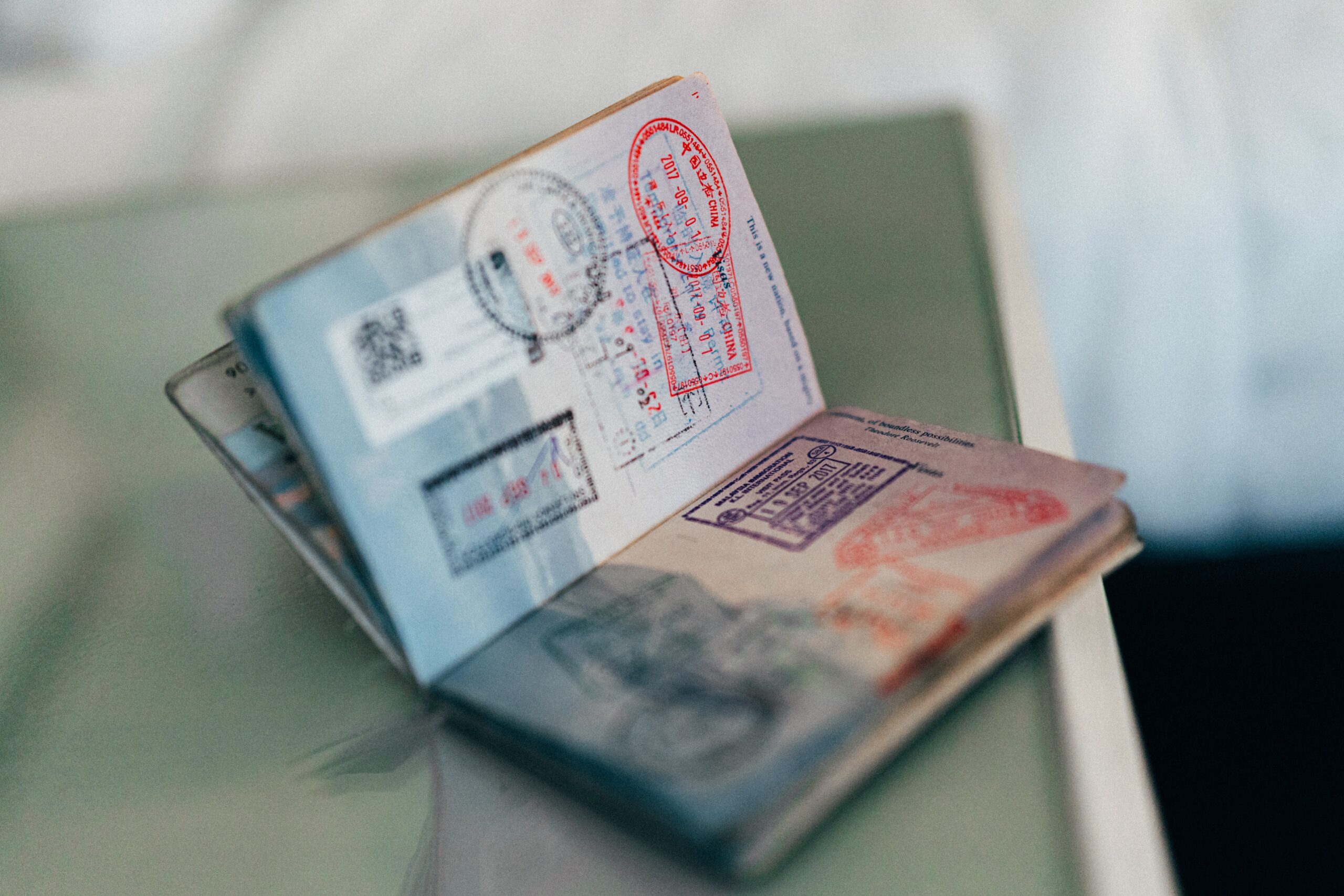
GATINEAU
Au-delà des théories du genre: la possibilité de réinventer l’humain
8 semaines, les mardis, 19h00 à 21h00
**Gatineau**
Quels sont les changements sociaux qui ont conduit à l’étude des théories du genre? Faut-il repenser les définitions de l’être humain, au-delà des ruptures entre le sexe biologique et le genre social? Jusqu’où peut aller la détermination de l’identité personnelle et la construction sociale, au-delà de l’emprise des normes? La justice recherchée dans la lutte contre les discriminations est-elle atteinte? Est-il nécessaire que l’identité personnelle soit stable?

TMI AND OUR CITY
Canada Reads: TMI Participates
6 weeks, Thursdays, 1:30 to 3:30 p.m.
**POSTPONED**
Every year in late March the CBC presents Canada Reads. This popular series features five panellists who come together in a “battle of the books” to discuss and defend their choice of the book all Canadians should read. Here at TMI we will enjoy a mini version of Canada Reads. Once CBC releases its shortlist, we will select two books to explore and discuss together. Depending upon the dates and times of the CBC programs, we might be able to gather to listen to the last one to see whether one of our selections won. Join us in this relaxed reading group.
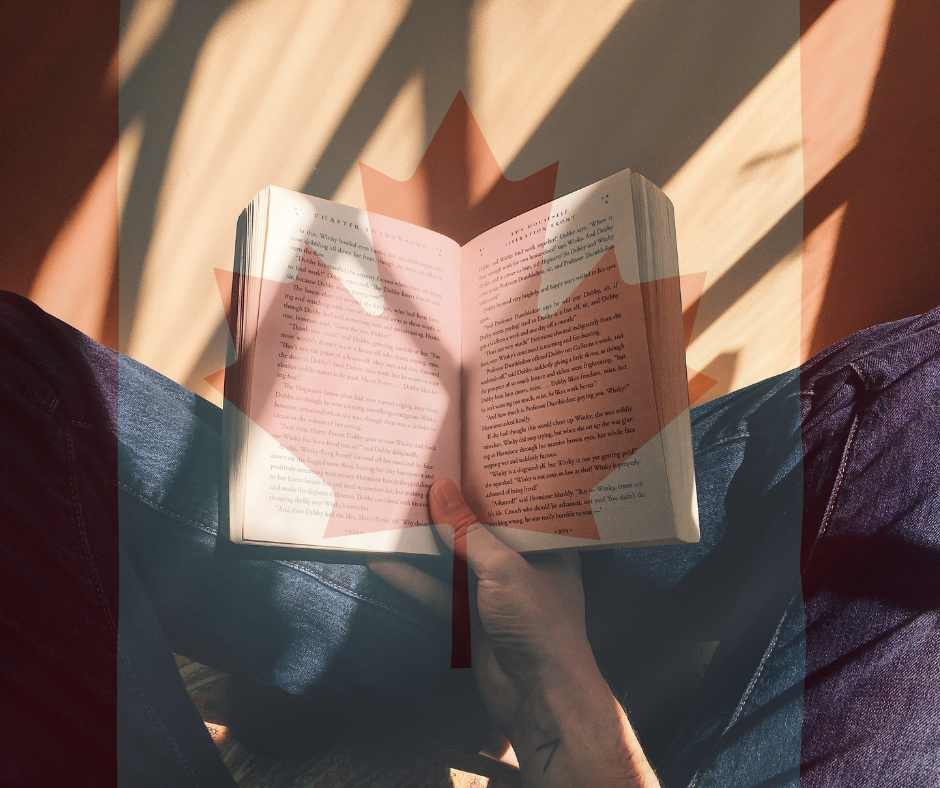
Questions? Stuck? Give us a call at (514) 935-9585
or email us at info@thomasmore.qc.ca
or email us at info@thomasmore.qc.ca